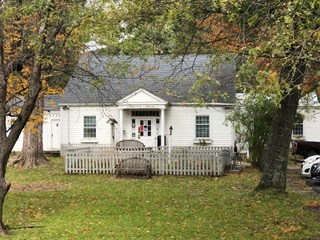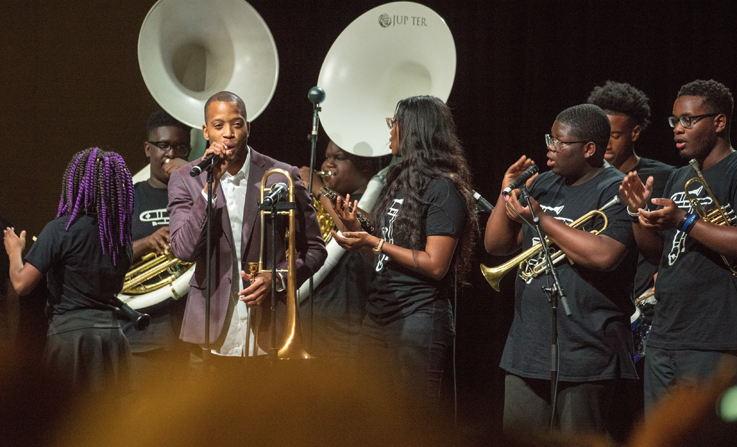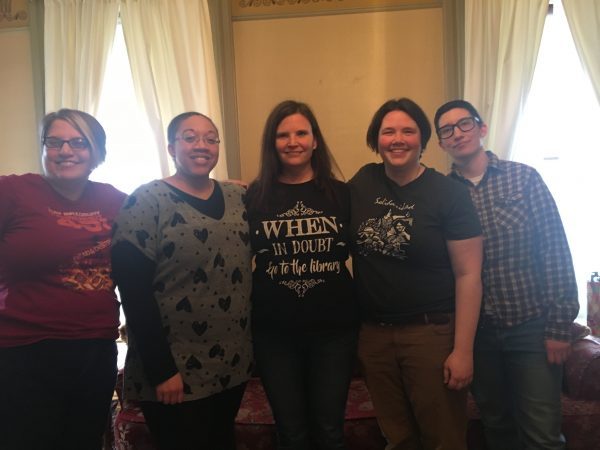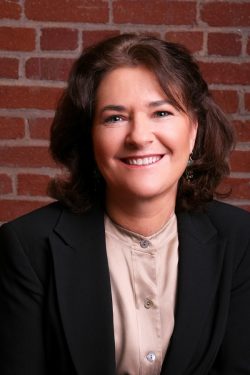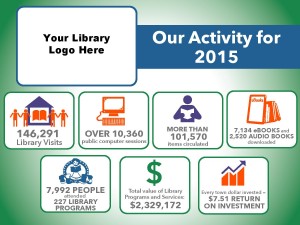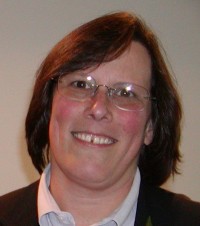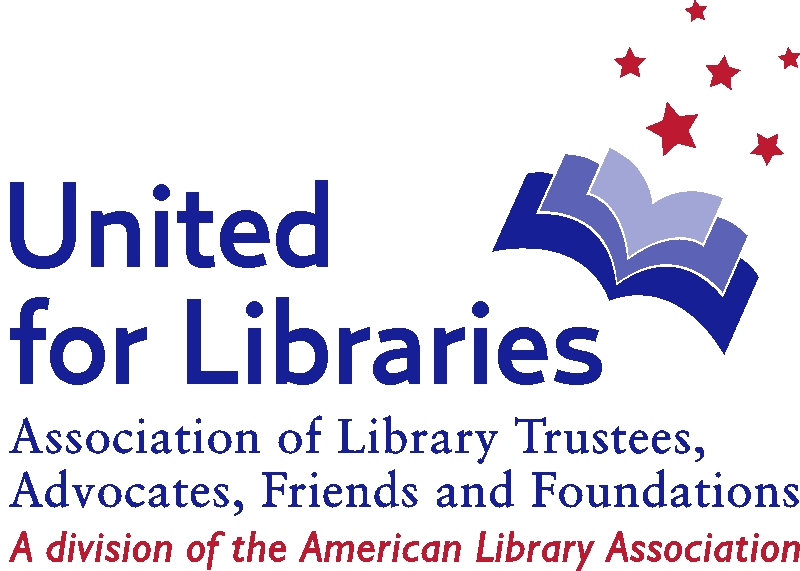Related
In the days leading up to the November 6 midterm elections, libraries and their boards and supporters nationwide were working on getting out their yes votes—but not the Woodstock Public Library (WPL), NY.WPL’s allies focused on getting residents to vote no on a ballot question that would have eliminated its library district.
Since January, I have been a member of the five-person Board of Trustees of the Monroe County Library System, MI. For the past 20 years, I have also worked as a correctional officer in a medium-sized Michigan county jail.
ALA's 2018 Annual conference opened with a bang, with guests ranging from Trombone Shorty to Michelle Obama
Success for your library means offering staff room to move up and having a plan for who can grow into their spots—even yours.
On one Sunday afternoon in September, the board on which I serve held a retreat. It took a while to organize; we’re a 12-member board, and although we are all generally committed to our monthly meetings—not to mention outside time spent working on various committees, attending library programs we sponsor, or showing up at town budget meetings to advocate for the library—it’s difficult to find time when all of us are free.
In a series of resolutions to what looked like an impasse last spring, the William P. Faust Library of Westland, MI, on June 13 announced the reinstatement of three of five librarians who were terminated in an alleged budget adjustment in March. After a number of public clashes with supporters of the fired librarians at library board and city council meetings, the former board resigned en masse in June, along with former director Sheila Collins. Westland mayor William Wild has chosen candidates for a new board, who will be confirmed in August, and who will in turn begin proceedings to appoint a new library director.
As executive director of United for Libraries (UFL), the American Library Association (ALA) division that supports library trustees, advocates, friends, and foundations, Sally Gardner Reed has been the organization’s driving force since 2002. Reed will be retiring at the end of July, having seen the organization grow and change greatly over the past 15 years.
November's presidential election led to a surprising result for many. Even among those who voted for the current president-elect, a lot of people did not actually expect him to prevail over a former senator and secretary of state. And almost immediately, everyone from regular people to media pundits were chiming in on what the election will mean for the country.
If there’s anything the 2016 presidential election cycle taught us, it’s be prepared. We can never underestimate the groundswell of support for an issue, institution, or person who may not support what a library provides to its community; the reliance on fake news rather than on facts (and how easy it is to have it go viral); or the power of emotion over reason.
While we’re all dealing with presidential election overload and exhaustion, we can’t ever lose sight of the importance of making our libraries an asset to our local elected officials.
Last year, our library director brought a futurist to meet with the Board of Trustees to help us better understand the future of the library. I vividly remember the first point in his presentation: the vast majority of services the library will provide will stay the same. One question he didn’t address was our future as trustees. It never occurred to any of us to ask. After all, someone has to set policies, advocate for the library and budget, hire the director, and be responsible to the public. However, just as libraries themselves will undergo significant changes, so will boards.
While library board members and leaders are usually elected or appointed, one library district will be awarding its top role to the young library user who provides the best reasons for wanting to be library president—for a day, at any rate.
While many libraries have come up with creative rewards for staff innovation, the Birmingham Public Library (BPL) Innovative Cool Awards do double duty. The monthly award, funded and run by BPL’s ten-member Board of Trustees, is an incentive for staff to develop—and promote—engaging new programs and workshops, and also a way to connect the board with staff.
Library trustees—whether elected or appointed—have the fiduciary responsibility to ensure that the library has the resources to provide the programs and services the community wants.
While serving as a library trustee is no longer the exclusive domain of retirees, or even those in late or midcareer, only the board of the Cornelius Public Library, OR, can boast a chair who is still thinking about her SAT scores. Sixteen-year-old Mariana Ramirez Godinez (pictured), a junior and honor student at Glencoe High School, where she plays violin and sings in Una Voz, the Hillsboro School District’s 35-member mariachi band, was unanimously elected chair of the 11-member Cornelius Library Advisory Board in December; she has been a board member since spring 2015, a volunteer for the past three years, and a fan of the library since she moved to Cornelius from Mexico ten years ago.
Rick Osen is the newest member of the five-person board of trustees at Bellingham Public Library (BPL), WA, but he is no stranger to the library world. Osen served as interim dean of libraries and assistant dean for library administration and planning at Western Washington University for 35 years, retiring in 2014. In February he joined chairman J. Robert Gordon, Rachel Myers, Marilyn Mastor, and Tom Barrett to serve a five-year term on the BPL board, and LJ caught up with him to find out more about his transition from academic librarian to public library trustee.
I have a theory that too many library trustees are underutilized in their board work. In far too many libraries, fear of meddling and of losing control have meant that directors don’t take advantage of the expertise and talent on their Board of Trustees. Where that is true, library leaders are squandering critical capacity and losing a potent edge in the key task of connecting to the community.
articles
ALREADY A SUBSCRIBER? LOG IN
We are currently offering this content for free. Sign up now to activate your personal profile, where you can save articles for future viewing
